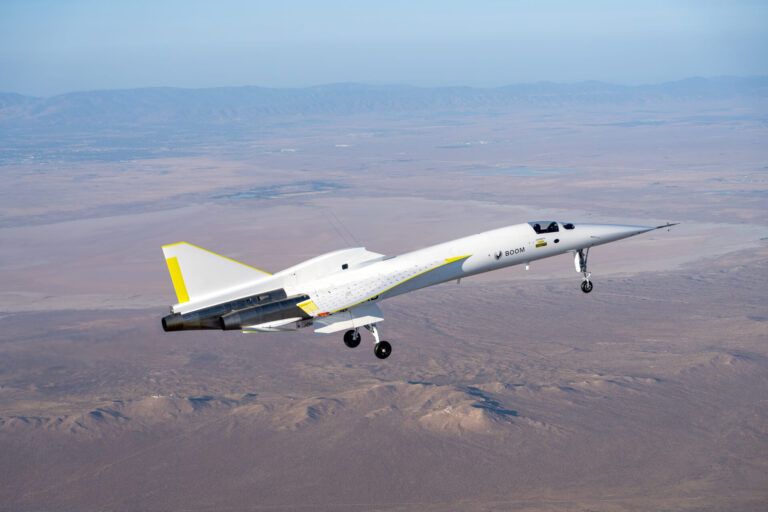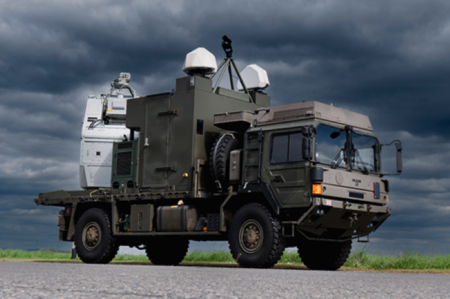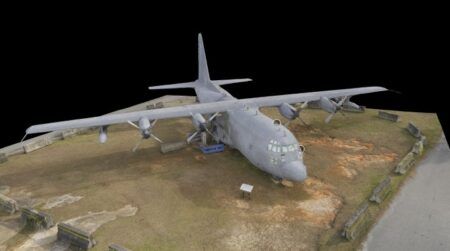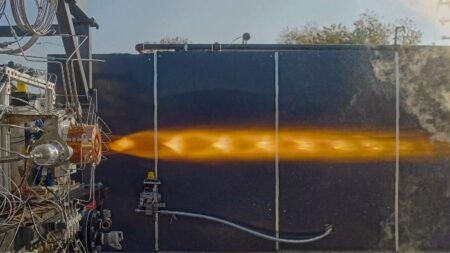Boom’s XB-1 supersonic demonstrator aircraft has successfully executed its second flight at the Mojave Air & Space Port in Mojave, California.
Following its flight in March 2024, XB-1 continues to progress through its flight test program, targeting supersonic flight by the end of the year.
The XB-1 program provides the foundation for the design and development of Overture, Boom’s supersonic airliner, while establishing a safety-first culture.
During this flight, XB-1’s landing gear was successfully retracted and extended for the first time, which is typical of second test flights. Additional objectives for this flight test were for the XB-1 team to assess aircraft handling qualities and activate a new digital stability augmentation system – or roll damper – for the first time.
This roll damper was implemented to improve handling qualities based on learnings from first flight.
In addition, tufting was applied to XB-1’s right wing to observe and evaluate the direction and strength of airflow across the wing, verifying its aerodynamic characteristics.
XB-1 flew for approximately 15 minutes, reaching an altitude of 10,400 feet and speeds of 232 knots (277 mph).
“XB-1 had a fantastic second flight this morning. Initial results indicate we’ve successfully resolved the findings from Flight One and are excited to continue flight testing on the path to supersonic flight,” said Blake Scholl, founder and CEO of Boom Supersonic. “I’m proud of the team. Today’s flight is another step toward the return of supersonic passenger travel.”
This was the first flight in XB-1 for Boom Chief Test Pilot Tristan “Geppetto” Brandenburg, who flew the T-38 chase plane for XB-1’s inaugural flight.
Brandenburg is the pilot who will be at the controls for the remainder of the test program, including when XB-1 has its first supersonic flight.





